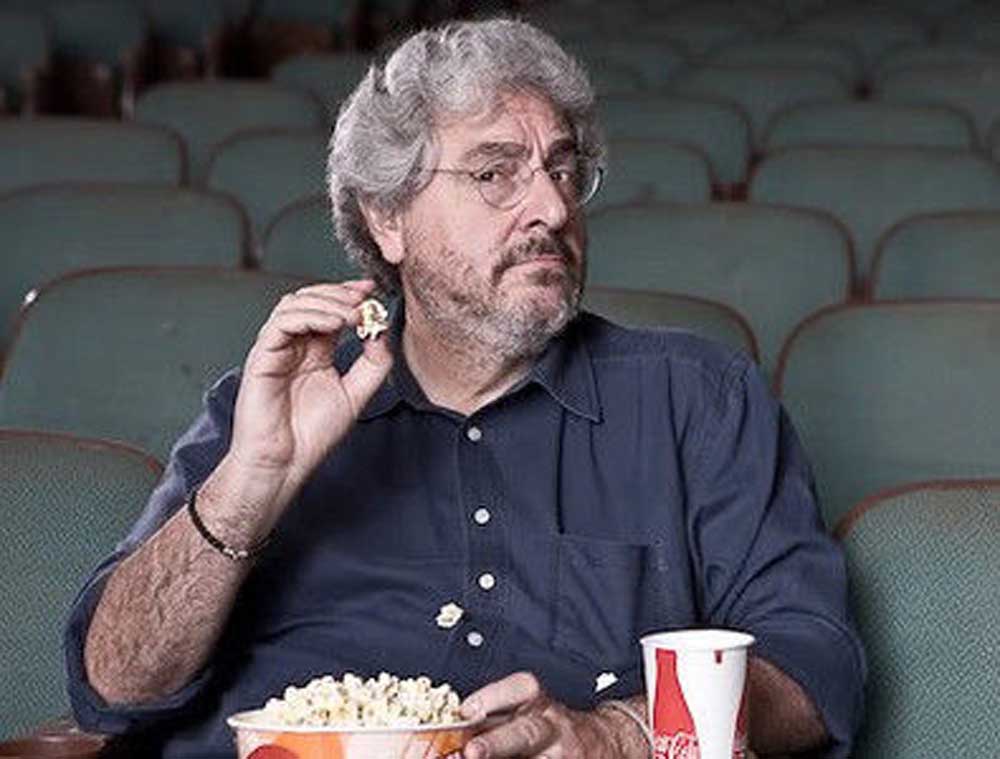Harold Ramis of ‘Ghostbusters’ fame remembered
Published 10:26 pm Monday, February 24, 2014

- Courtesy Harold Ramis
Harold Ramis was the ultimate underrated comedic force in Hollywood. Though he has died at the age of 69, he has left behind a body of work that is remarkable and unique among its peers.
His most obvious contribution is that of Dr. Egon Spengler, the lanky and socially awkward (but no less brilliant) scientist who was a Ghostbuster alongside Bill Murray, Dan Aykroyd and Ernie Hudson. He was the perfect, stoic straightman to the wide-eyed earnestness of Aykroyd’s Ray Stantz and the smarmy charm of Murray’s Peter Venkman, together delivering one of the most iconic comedies of all time.
But it’s his work behind the camera that is just as strong, if not stronger than his work on “Ghostbusters.” “Animal House,” “Caddyshack,” “Stripes,” “National Lampoon’s Vacation,” “Groundhog Day,” any one of those films would be enough for him to be fondly remembered, and yet he quietly built a career making films that were intelligent, heartfelt and rooted in strong characters all while mostly being remembered at large as Egon. He never garnered (or perhaps sought) the same spotlight or wave of attention that other directors with equally strong material would receive.
His works contains large swaths of anti-authoritarianism, though it’s never really malicious and always done in the spirit of elevating the underdog. Celebrating the underdog and undermining authority was at the very root of his comedic philosophy as once was quoted saying, “It’s hard for winners to do comedy. Comedy is inherently subversive. We represent the underdog as comedy usually speaks for the lower classes. We attack the winners.” “Caddyshack,” “Stripes,” “Animal House” and even “Ghostbusters” all strongly speak to this.
For me, though, Ramis’ greatest contribution will forever be “Groundhog Day,” one of the greatest comedies of all time. On the surface, it’s an intriguing concept wrapped around Bill Murray’s smarmy antics, and it’s hysterical even on that one level. But dig just below the surface and you realize that it’s one of the most universal, human comedies ever made. There’s video out there of Ramis, whose death was reported Monday, describing the varied reactions to the film, from Jews to Christians to psychologists, all of them certain he had made a film about them. Ramis turned what might’ve been a gimmicky film in the hands of a lesser director into something truly profound and thought provoking. That’s the kind of cinematic legacy most filmmakers could only dream of.
There hasn’t been anyone else like Ramis. No one saw or executed humor quite like him, to the point where one wonders what the modern comedic landscape would be without his voice to guide and shape it. He gave us one-of-a-kind characters, he gave us endlessly quotable lines, and when he was at his best, he made us think. There is little else we could ever ask from a man who simply wanted to make the world a funnier place.






